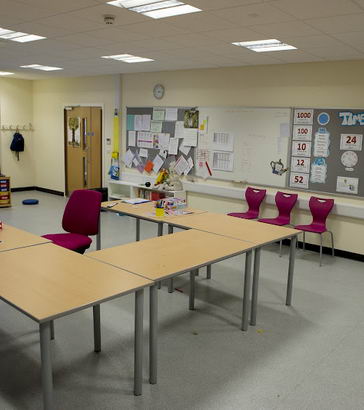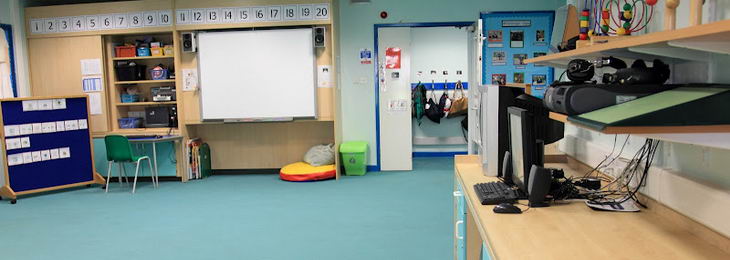Here we introduce some guidance on planning the curriculum for pupils with learning difficulties and introduce the p-scales which may be used for the assessment of pupils who are still working towards Level 1 of the National Curriculum.
In 2001 the Qualifications and Curriculum Authority (QCA) published guidance on best practice in recognising the progress and achievement of pupils with learning difficulties.
The guidance acknowledges that a variety of assessment tools may be used to identify the learning and other needs of pupils with learning difficulties. It stated:
....it is up to staff to decide the kinds of records they keep. Their decision will be based on how useful
they and other staff find the records.
QCA, 2008

For each National Curriculum subject, and for Religious Education, the QCA guidance provided a framework to help teachers recognise attainment below Level 1 of the National Curriculum. It offered so-called p-scales for each subject area that must now be used for summative assessment.
Read the section on 'Progress and Achievement' from page 22 and note in particular the description of the framework on page 35 and the comment about it on page 36.
Note also the definitions of progress, achievement and attainment used in this publication. 'Attainment' is used to refer to those achievements which are summative assessments based on nationally defined levels of performance such as the P-scales.

A range of guidance relating to the p-scales may be found on the government archives site.
These include the following useful documents:
Using the p-scales to assess pupils' progress (2011)
Note the importance placed on moderation in the chapter 'Securing Reliable Judgements' (from p.16)
The p-scales: Level descriptors p1 to p8 (2009)
Using the p-scales: moderating and reporting pupil attainment at levels p1 to p8 (2009)

Consider the following questions:
Do you understand the difference between achievement, attainment and progress?
In your context, how secure is the recording, collation and tracking of pupils' progress in relation to the p-scales across all aspects of learning?
Do all teachers know how to use the p-scales and use them to improve outcomes?
Do you understand that the p-scale assessments cannot be used to determine the curriculum on offer?
Read the following document:
Indicators of mathematical abilities at levels leading towards Level One of the National Curriculum
This document takes the statements from the p-level descriptions. Note the nature of the statements at p1 to p3. From p4 to p8, the p-level descriptions are set into a grid related to the aspects of mathematics.

It should be evident that there are glaring gaps in the p-level descriptions which mean that they can never be used to determine the content of the curriculum.
Make a summative assessment of a pupil's attainments in relation to the p-scales for mathematics,
just to try them out.